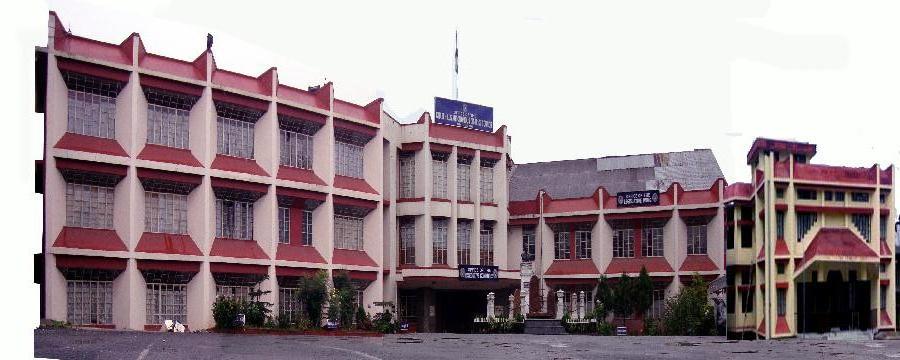KHADC to file petition against State Govt for undermining Council’s legislative power

SHILLONG: Taking the bull by its horn, the Khasi Hills Autonomous District Council (KHADC) decides to file a petition against State Government led by Chief Minister Conrad K Sangma for undermining the legislative powers of the KHADC.
Informing this to media-persons this afternoon, the firebrand Chief Executive Member of KHADC Hispreachering Son Shylla said, the Council received a letter from the District Council Affairs Department on Monday where the latter observed that the KHAD (As adapted from the Bengal Eastern Frontier Regulation, 1873) Regulation, 2018 passed by us October 26, 2018 is outside the legislative competency of District Council as it does not fall under any of the law making powers as provided under the Sixth Schedule to the Constitution of India.
He also said that according to the letter the DCA department asserted that observation was given after the said bill which was for the implementation of the Inner Line Permit has been examined in consultation with the Law Department.
A visibly angered Chief Executive Member said that they would take a decision soon on whether to file a writ petition or a contempt petition before the Supreme Court or High Court after consulting with Supreme Court lawyer BJ Hansaria.

He labelled the State Law department as very weak for observing the said Bill as outside the legislative competency of the district council.
Shylla pointed out the lapses of the DCA Department as according to him the DCA should referred it to the Governor instead of sending the matter directly to the council and this clearly indicated the government’s lack of understanding as they are treating the KHADC as one of its department.
The outgoing Chief Executive Member informed that the Bengal Eastern Frontier Regulation, 1873 is one of the many laws listed under the United Khasi-Jaiñtia Hills District (Application of Laws) Regulation, 1952, which according to the Supreme Court’s ruling ‘still continues to operate’.
Referring to a case filed in 1971 challenging the validity of the Regulation, 1952 promulgated by the Governor of Assam under paragraph 19 (1)(b) of the Sixth Schedule to the Constitution, Shylla said that the Supreme Court viewed that the Regulation (1952) came into force at once and continued to remain in force even after the District Council was set so also the power there under conferred on the Governor to extend them either to the District as a whole or to any part or parts thereof.

Leave a Reply